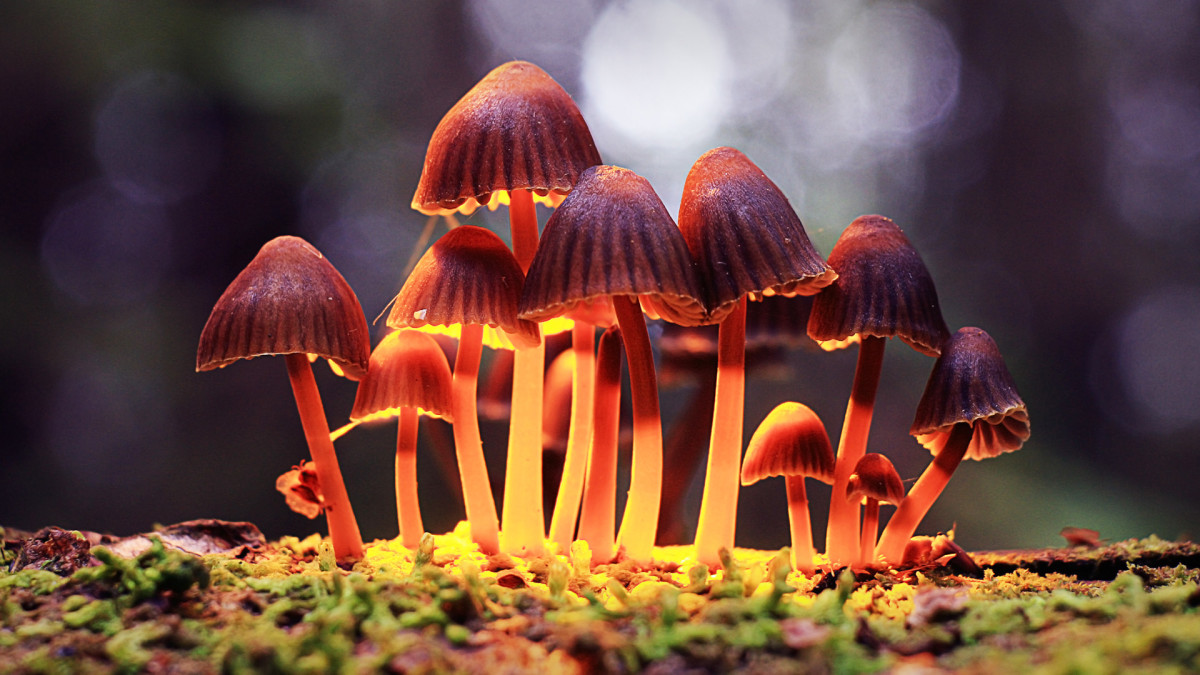New research published by JAMA Network Open sheds light on the safety profile of psilocybin, the active compound in magic mushrooms, as a potential alternative treatment for medication-resistant depression and anxiety. The study, led by researchers at the University of Georgia, suggests that the side effects of psilocybin are similar to those of traditional antidepressants.
Magic mushrooms, also known as psilocybin fungi, have shown promise in previous studies for their positive effects on mental health conditions. However, the safety of these psychedelic substances has been a concern. The new meta-analysis aimed to address this question by examining the side effects of psilocybin when administered as a therapeutic single dose.
The study revealed that common side effects included headache, nausea, anxiety, dizziness, and elevated blood pressure. These side effects were generally well-tolerated by participants and subsided within 24 to 48 hours. The acute side effects can be attributed to the fact that both psilocybin and traditional antidepressants target serotonin receptors.
Joshua Caballero, the corresponding senior author of the study and an associate professor at the University of Georgia’s College of Pharmacy, expressed his optimism about the findings: “It’s very encouraging because the studies we examined consist of just one or two doses per patient, and we’re finding that the beneficial effects of psilocybin may stay for months when treating depression.”
Despite the promising results, it is important to note that psilocybin is classified as a Schedule 1 drug by the U.S. federal law due to its hallucinogenic properties and potential for abuse. However, magic mushrooms and other hallucinogens have been used for generations by indigenous cultures for religious or spiritual purposes. Research on the medicinal value of psilocybin began in the 1950s and 1960s, and some states have started decriminalizing the substance to facilitate further research.
The study included 528 participants and took place under close supervision with trained therapists and healthcare providers. Professional supervision is crucial when dealing with potentially dangerous substances, emphasized Caballero.
While the study provides valuable insights into the acute side effects of psilocybin, more research is needed to understand the potential long-term side effects and rare complications. For instance, traditional antidepressants carry a black box warning from the FDA about the potential increase in suicidal thoughts and suicide in young adults. The safety of psilocybin in adults under 26 remains unclear.
Caballero concluded, “Hopefully, this paper can help experts monitor for these common side effects and be aware of possible others. But if we can safely use this drug in a controlled environment, I think it could be groundbreaking for a lot of patients that need it.
*Note:
1. Source: Coherent Market Insights, Public sources, Desk research
2. We have leveraged AI tools to mine information and compile it.



